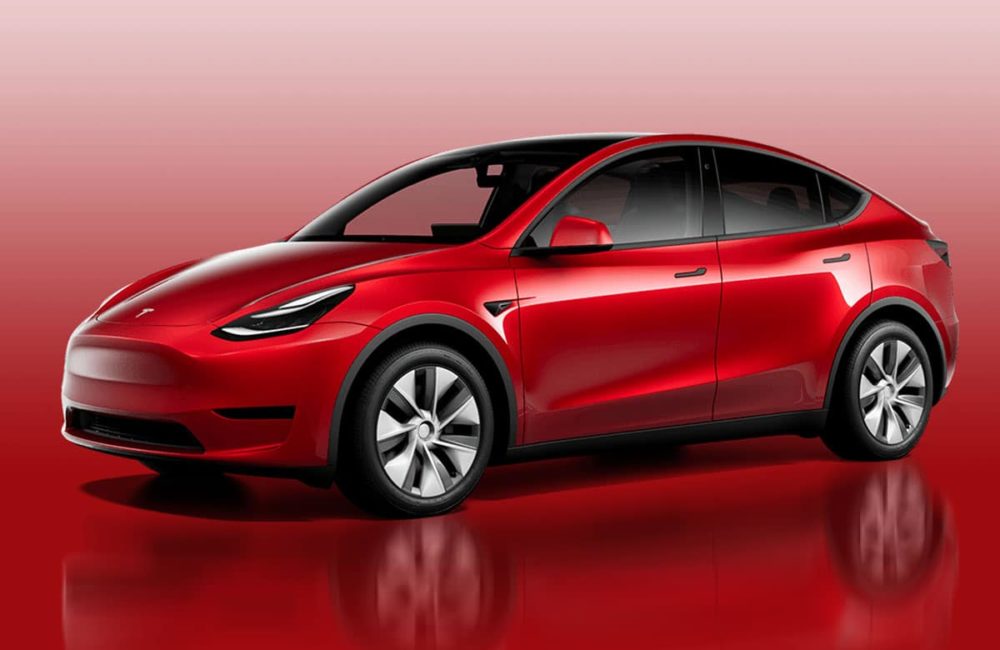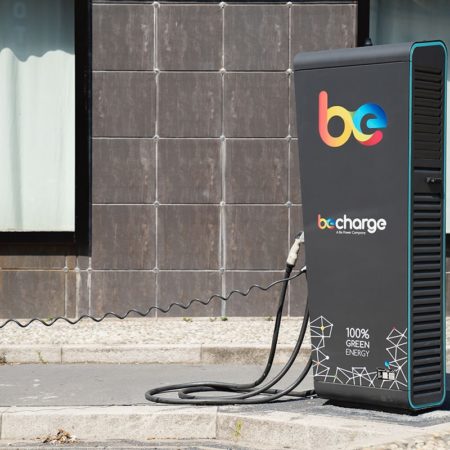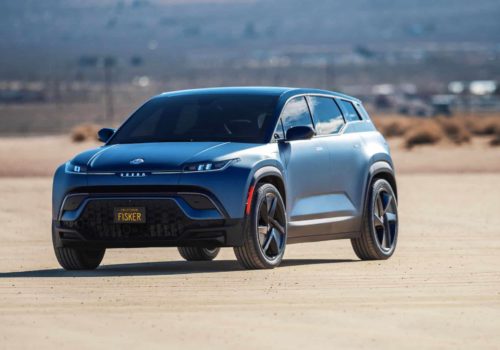The implementation of an annual $200 tax for electric vehicles is now in effect in Texas.
With the transition to green energy, many states are concerned about the loss of revenue from taxes on petroleum products. Australia and Switzerland, among others, have already addressed this issue. The United States is no exception, and Texas has recently made a decision in this regard, which will take effect from September 1st for electric vehicles.
Greg Abbott, the governor of the state, recently approved a new bill that will require owners of electric vehicles to pay an annual tax of $200. This tax will be collected during the registration renewal and will be in addition to the existing renewal fees of $200 for all vehicles.
This tax on electric vehicles, similar to the $0.20 per gallon fuel tax, will contribute to the funding of state road infrastructure. According to Terry Canales, a state representative, it is important for people to pay their fair share and for adequate funds to be available for the preservation and maintenance of our highways in the future.
However, this measure has sparked tensions in Texas. Although this tax will generate much less revenue than the tax on petroleum products ($38 million compared to $3.8 billion), the individual share is higher. According to the Environmental Protection Agency (EPA) and the Federal Highway Administration, drivers of conventional vehicles pay an average of $130 in taxes. It is clear that a mileage-based tax would have been a more appropriate option.
To remember : Texas has implemented an annual tax of $200 for electric vehicles, which is now in effect starting from September 1st. This tax is in addition to the existing renewal fees of $200 for all vehicles The tax on electric vehicles aims to compensate for the loss of revenue from taxes on petroleum products, as more and more states are transitioning to green energy. It will contribute to the funding of the state's road infrastructure This measure has sparked tensions because, although the tax on electric vehicles generates much less revenue compared to the tax on petroleum products, it represents a higher individual share. Some argue that a mileage-based tax would have been a more equitable option









Leave a Reply